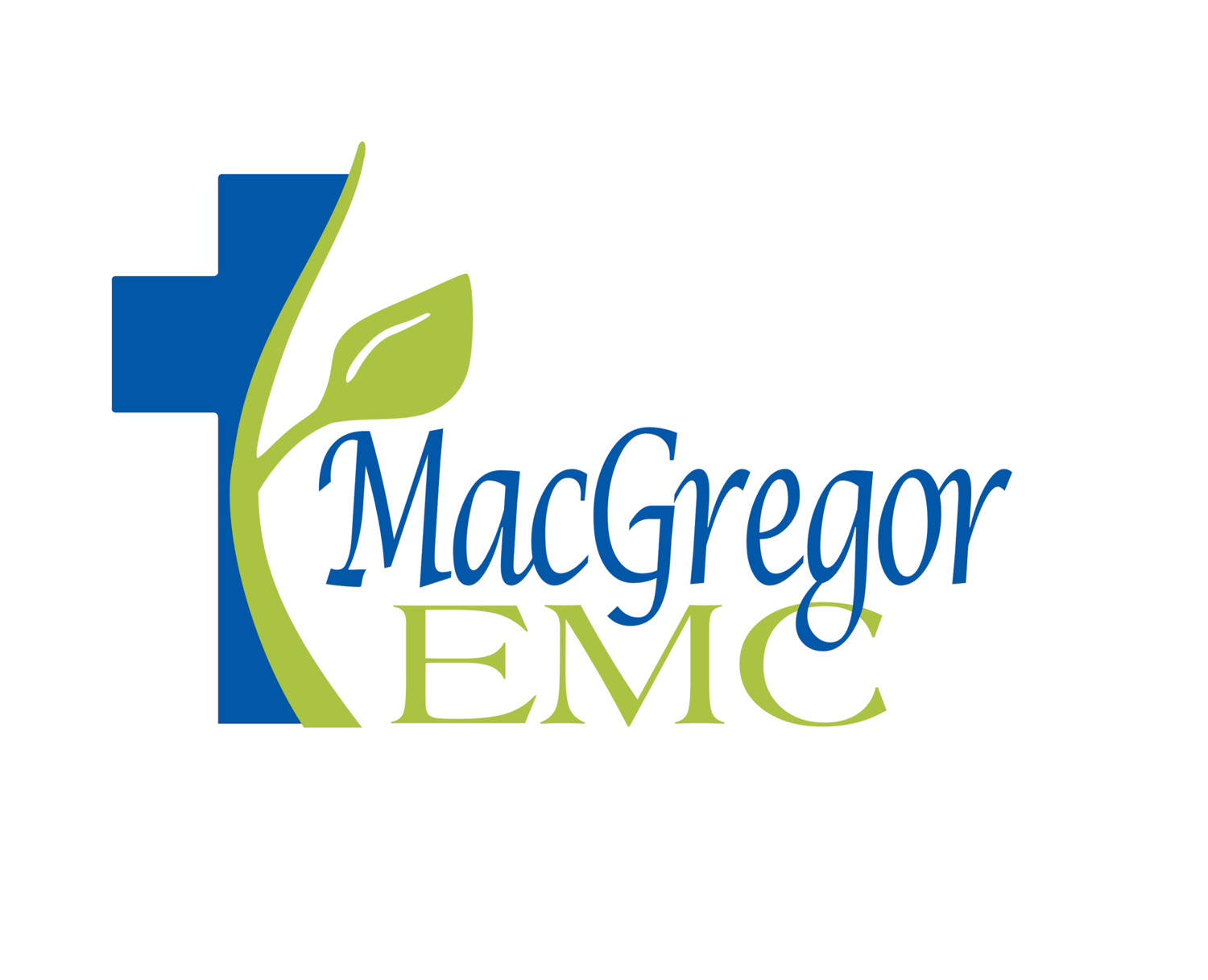Anointing with Oil
/This week I received a request that the other ministers and I go to someone’s home to pray over them for healing, anointing them with oil as is mentioned in the tale end of James 5. This is a practice that is quite common in many branches of the church, but also is one that I cannot say is all that familiar to me.
Worse still, my main interaction with the concept comes from a negative place, as when I was growing up there was a late-night faith swindler on television who hawked different kinds of oils that you could buy to ensure God worked for you as you desired. “Buy our special oil, blessed in-house, then spread it on your wallet, and before you know it, your bill-fold will be overflowing with folded bills,” he would proclaim in his southern drawl to my sleep-deprived mind, “only 5 easy donations of 19.95.” So to say that anointing with oil was a practice that may have even caused me some amount of discomfort would likely be true as well.
But as we know from that above-mentioned reference to James 5, anointing with oil be used in healing is a practice that comes up in the Bible. So as I try to make a habit of whenever something shows up in the scriptures that I have little knowledge of or that I am even uncomfortable with, I decided to look into it. To which I found, and here I will give a shoutout to the excellent NIVAC volume on James by David Nystrom, what I think are the two likely best explanations for the practice. The first is medicinal while the second is spiritual.
Anointing with oil as a form of medicinal treatment is an old practice common among many Mediterranean peoples from the time of James. You can see this in other bible stories even. Take the story of the Good Samaritan. Before dropping off the beaten man with an innkeeper to heal, the Samaritan treated the wounds with wine, oil and bandages.
Now, whether or not using oil in this way would be an effective form of treatment, I do not know as I am not a medical doctor. But from experience, I know it would feel like it was doing the job. You can try this for yourself next time you find yourself outside on a hot day. Smear a thin layer of vegetable oil on your arm and blow on it. It will feel noticeably cooler. As wounds, sprains and breaks tend to have a lot of blood flowing, this would bring some relief, albeit mild.
But as I mentioned, there is another purpose to anointing with oil employed by cultures of that time. Anointing with oil is how someone was marked as important to or chosen by God. All throughout the Old Testament, this can be seen in action. When Samuel anointed David to mark him as God’s chosen King is probably the most famous example. So to anoint the sick then, is to say something truly powerful. It is to say that God cares for you, even in your unfortunate situations, just as much as he does for even the great kings themselves.
In James 5, if you are suffering you are told to summon the ministers to pray over you and to anoint you with oil, and if you have sin in your heart to confess that as well. When it comes to the reasons why we are told to anoint with oil in this passage, I would imagine both of these purposes are in play. The New Testament church is shown in a handful of places, including the story of the Good Samaritan, to not have a problem with using the best medicine available at the time to treat illnesses as they arise. In those days it was oil that could be administered to anyone (even Samaritan passers-by), while now it is likely some combination of vaccines, antibiotics, sterile gauze bandages and whatever other treatments your doctor may prescribe. For this reason, if you are asking to be anointed with oil because you think there is some magical healing property in the oil itself, let me tell you that you would be better off sticking with what your healthcare professional prescribes instead.
However, it is in the other reason oil was administered as an act of healing, to mark someone who is suffering as one beloved and chosen by God, that I have come to think the true power of the practice can still be seen on full display. When we are sick or suffering it becomes all too easy to withdraw from others. To turn inward, away from those around us, God and our church families included. Ask for anointing with oil as James prescribes when you are in this dark place, and not only are you given a tangible reminder that even in this difficult place God is still with you but you are even administered that right by the representatives of the church itself. Proof that your faith community is with you in both prayer and support even now. Between good medicine, good community, and being close to our Lord in prayer with others, there are not many other places where the true healing of God, in whatever form it will take, will truly flow.



